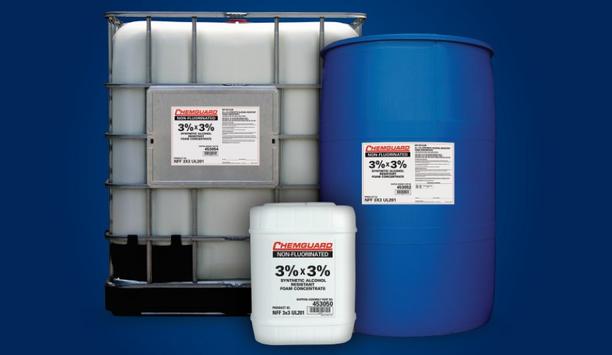The summer is finally here (apparently) and after a long 18 months dealing with a global pandemic, the reins have been loosened and social gatherings are on the cards.
Barbecues, garden parties, camping, and more, there are plenty of ways to get out and enjoy any good weather they may get this summer. They hate to be a party pooper, but all of these can pose risk of fire so they’re going to help the users with some top tips to reduce that risk as stay safe over the summer months.
Preventing Barbecue fires
Barbecues - This is an obvious one. Actual flames and fuel are always a recipe for disaster, but there are things users can do to make sure it’s as safe as possible. Whether it’s a supersize BBQ for a summer fayre or a disposable one just for 2, here are some key things users would want to think about:
- Location: choose a flat, sturdy surface away from anything that may catch fire, e.g. branches, decorations etc. Users don’t want anything in the surrounding area catching from rogue embers or it tilting / falling over. Disposable ones should be placed on a firm surface such as bricks, paving or concrete. Do not put them on anything wooden or plastic.
- Never leave the barbecue unattended.
- Keep children and animals at a safe distance.
- Have something to hand for emergencies e.g. a bucket of sand, water or a fire extinguisher.
- Ensure the flames are out and the barbecue is cooled before attempting to move it.
- Disposable barbecues should be left for several hours to cool before being disposed of. To be sure, pour water over them to ensure they are completely extinguished and cooled before putting in any bin.
- Finally, do not pour any flammable liquid onto the barbecue once it’s been lit. The flame will travel up the liquid stream and into the bottle or container with possibly catastrophic consequences.
Fire Pits & Camp fires
Fire Pits & Camp fires - Like barbecues, fire pits & camp fires come with similar risks due to the open flame.
- Choose a flat, sturdy surface away from anything flammable.
- It’s recommended that fire pits are at least 10 feet away from any building and from other people’s gardens where possible.
- Ensure a large, cleared space for a camp fire and create a ‘fire zone’ with large rocks to avoid unwanted spreading.
- Avoid cedar or pine wood as fuel as these tend to spit more than other fuels.
- Avoid wearing loose clothing as this can catch when tending to the fire.
- Supervise children and animals at all times.
- Never leave the fire pit/camp fire unattended.
- Put the fire out safely - Allow it to burn itself out or use water or sand. Water should be applied carefully so as not to cause embers to spray. Continual sudden cooling of the fire pit could damage the integrity of pit itself causing cracks etc.
- Gas fire pit? Simply turn off the gas supply and allow to cool before covering with the protective lid.
Fire from Patio Heaters
Patio Heaters - Socializing outdoors has been a mainstay this year and sales of patio heaters have gone through the roof, understandably so with the British weather. But are they all using them safely?
- Check that the patio heater meets EN 14543 and is safe to use.
- Gas heaters should have the flame enclosed and safely contained.
- Position the heater carefully. Keep it at least 3 feet away from anything combustible such as fencing, gas cylinders, fabric etc.
- Ensure the heater is secure and stable. Users don’t want it to tilt or fall over.
- Look after it. If the heater is looking old or damaged in any way, don’t use it. It’s time for a replacement.
- Always turn it off when it’s not being used.
- Try not to use it on maximum heat. Patio heaters are there to ‘top up’ the heat and take the edge of. Where possible, wear warmer clothing, grab a blanket but do so safely.















